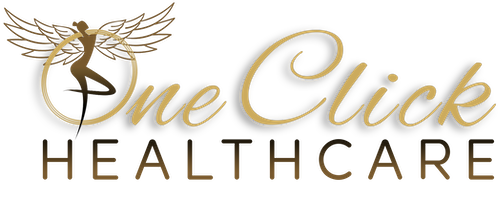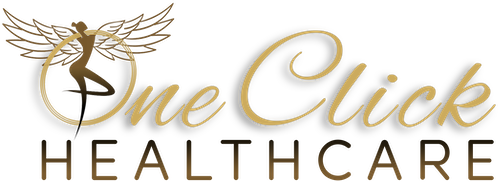Preventive Healthcare
Preventive healthcare, or prophylaxis, consists of measures taken for disease prevention. Disease and disability are affected by environmental factors, genetic predisposition, disease agents, and lifestyle choices, and are dynamic processes which begin before individuals realize they are affected.
preventive care help you–and your family–stay healthier
For Men
Preventive care guidelines
- Abdominal aortic aneurysm screening for men of specified ages who have ever smoked
- Alcohol misuse screening and counseling
- Aspirin use to prevent cardiovascular disease and colorectal cancer for adults 50 to 59 years
- Blood pressure screening
- Cholesterol screening for adults of certain ages or at higher risk
- Colorectal cancer screening for adults 45 to 75
- Depression screening
- Diabetes (Type 2) screening for adults 40 to 70 years
- Diet counseling for adults at higher risk for chronic disease
- Hepatitis B screening for people at high risk.
- Hepatitis C screening for adults age 18 to 79 years
- Lung cancer screening for smokers age 50 to 80 years
- Obesity screening and counseling
- Statin preventive medication for adults 40 to 75 at high risk
- Tuberculosis screening for certain adults without symptoms at high risk
be one step ahead of the disease
For women
Preventive care guidelines
- Bone density screening for all women that have gone through menopause
- Breast cancer genetic test counseling (BRCA) for women at higher risk
- Breast cancer mammography screenings every 2 years for women 40 +
- Breast cancer chemoprevention counseling for women at higher risk
- Cervical cancer screening
- Pap test for women age 21 to 65
- Diabetes screening for women with a history of gestational diabetes
- Tobacco use screening and interventions
- Urinary incontinence screening for women yearly
- Well-woman tests to get recommended services for all women
Better Health Better Quality of Life

For CHILDREN
- Alcohol, tobacco, and drug use assessments for adolescents
- Autism screening for children at 18 and 24 months
- Behavioral assessments for children: Age 0 to 11 months, 1 to 4 years, 5 to 10 years, 11 to 14 years, 15 to 17 years
- Bilirubin concentration screening for newborns
- Blood pressure screening for children: Age 0 to 11 months, 1 to 4 years , 5 to 10 years, 11 to 14 years, 15 to 17 years
- Blood screening for newborns
- Depression screening for adolescents beginning routinely at age 12
- Developmental screening for children under age 3
- Dyslipidemia screening for all children once between 9 and 11 years and once between 17 and 21 years, and for children at higher risk of lipid disorders
- Fluoride varnish for all infants and children as soon as teeth are present
- Gonorrhea preventive medication for the eyes of all newborns
- Hearing screening for all newborns
- Height, weight and body mass index (BMI) measurements
- Hematocrit or hemoglobin screening for all children
- Hemoglobinopathies or sickle cell screening for newborns
- Hepatitis B screening for adolescents at higher risk
- Hypothyroidism screening for newborns
- Immunizations for children from birth to age 18
- Obesity screening and counseling
24. Oral health risk assessment for young children from 6 months to 6 years - Phenylketonuria (PKU) screening for newborns
27. Tuberculin testing for children at higher risk of tuberculosis for all Age groups - Vision screening for all children
- Well-baby and well-child tests
Why is preventive care important?
Regular preventive care and health monitoring will help to identify potential health risks for early diagnosis and treatment
Helping prevent disease and detecting health issues at an early stage is essential to living a healthier life
Following preventive care guidelines — and your doctor’s advice will help you to stay healthier


